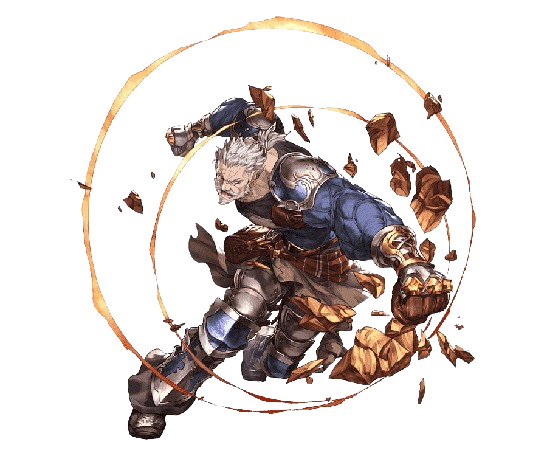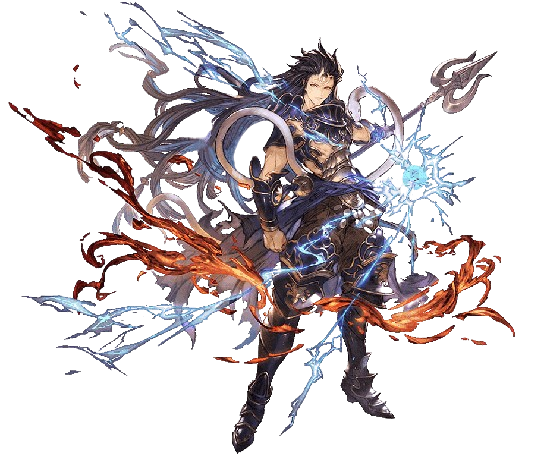Introduction
Fantasy games, whether video games, tabletop role-playing games (RPGs), or even mobile apps, are defined by their ability to immerse players in imaginative worlds. These environments are filled with mythical creatures, magical landscapes, and epic adventures. However, at the heart of every successful fantasy game lies a core element: compelling quests and challenges that engage players and keep them invested in the storyline. For fantasy game development companies, crafting such experiences is a fine art, balancing creativity with technical execution to deliver captivating adventures.
Crafting these quests and challenges is an art. It involves a delicate balance of creativity, psychology, and design mechanics that can turn a simple task into an unforgettable adventure. This article will explore the key aspects of crafting compelling quests and challenges in fantasy game design, delving into the narrative, mechanics, difficulty progression, and the integration of player choice. For any fantasy game development agency, these elements are vital in creating an immersive and engaging gameplay experience.
Boost Your Fantasy Game Efficiency

1. Understanding Quests in Fantasy Games
Quests are central to most fantasy games. They act as the driving force that propels the narrative forward and gives players purpose. A well-designed quest is more than just a to-do list of objectives; it’s an experience that immerses players in the game’s world. The role of a fantasy game development company here is to ensure that these quests not only serve the game’s narrative but also integrate seamlessly with the mechanics and player engagement strategies.
In fantasy games, quests typically fall into several categories, such as:
- Main Quests: These are the core storyline tasks that players must complete to progress through the game.
- Side Quests: Optional challenges that add depth to the world and provide rewards without being essential to completing the game.
- Fetch Quests: Tasks where players must collect items or information.
- Escort Quests: Missions where players guide or protect NPCs (non-player characters) to a destination.
- Puzzle Quests: Challenges that require players to solve a riddle or logic problem to proceed.
When offering fantasy game development services, developers focus on designing quests that not only entertain but also enrich the world-building and provide players with a sense of accomplishment.
2. Building a Compelling Narrative
At the core of every great quest is a story. A well-crafted narrative pulls players into the game’s world and gives them a sense of purpose. Fantasy game developers must carefully balance narrative elements with the game’s interactive mechanics to ensure that players feel emotionally invested in their quests.
A compelling narrative often has:
- Strong Motivations: Players should feel connected to the quest on an emotional level. Why does this quest matter? Are they saving a village from a dragon, rescuing a friend, or discovering a hidden truth about the game world? Emotional investment heightens the stakes.
- Memorable Characters: The NPCs that players interact with during quests should be distinct, with their own backstories and motivations. NPCs who show vulnerability, humor , or unique perspectives make quests more engaging.
- Surprises and Twists: A great quest doesn’t always follow a predictable path. Throwing in narrative twists, such as betrayal, hidden agendas, or shocking revelations, keeps players on their toes and adds depth to the story.
The best fantasy game development agencies craft narratives that not only engage players but also provide rich lore and unexpected twists to maintain intrigue throughout the game. While working with a game development company, it’s essential to weave these narrative threads with precision, ensuring that the story remains engaging and complements the overall gameplay.

3. Designing Meaningful Challenges
Challenges in fantasy games come in various forms: combat, puzzles, exploration, and more. Designing challenges that are meaningful requires more than simply making them difficult. The challenges should serve the game’s narrative and mechanics while providing players with a sense of accomplishment.
Key considerations when designing challenges include:
- Challenge Variety: Avoid repetitive tasks. Each challenge should feel unique, whether it involves slaying a giant, navigating a treacherous dungeon, or deciphering an ancient language. Different types of challenges keep the gameplay fresh and engaging.
- Skill Progression: Players should feel like they are getting better as the game progresses. Early challenges should introduce mechanics and skills, while later challenges should test the player’s mastery of those skills.
- Reward Systems: Every challenge should have a meaningful reward. Rewards can range from in-game currency and items to story revelations or character development. It’s crucial that players feel that their effort is worthwhile.
- Balance: One of the hardest aspects of game design is balancing difficulty. If challenges are too easy, players will lose interest; if too hard, they may become frustrated and quit. The key is to create a learning curve that ramps up gradually, with spikes of difficulty that challenge players but aren’t insurmountable.
In the context of fantasy game development services, designers must understand that the complexity of challenges should scale with player progression. A fantasy game development company can ensure that these challenges are balanced, engaging, and rewarding for players of all skill levels.
Jump Into Action: Start Fantasy Game Project

4. Quests as a Reflection of the Game World
The game world should inform the design of the quests and challenges. A frozen wasteland might have challenges that involve surviving harsh weather, while an elven forest could present challenges tied to ancient magic and hidden pathways. When providing fantasy game development services, it’s essential to ensure that the environment plays an active role in the challenges players face.
Consider the following:
- Environmental Hazards: Use the setting to create challenges. A volcanic region might have players navigating lava flows, while a coastal area could involve challenges with tidal waves or dangerous sea creatures.
- Cultural Context: The game’s culture should affect how quests are structured. A noble kingdom might offer quests that focus on political intrigue, while a barbarian tribe might have quests centered around survival and combat.
- Historical Lore: Leveraging the history of the game world can create deeper, more meaningful quests. Quests that tie into the lore, such as uncovering ancient artifacts or reliving legendary battles, make the world feel more alive.
By partnering with a skilled fantasy game development agency, designers can ensure that these environmental and cultural elements are seamlessly integrated into quests, enhancing immersion and engagement.
5. Incorporating Player Choices
One of the most compelling aspects of modern fantasy game design is the integration of player choice. In crafting quests and challenges, giving players the ability to make meaningful decisions that affect the outcome creates a sense of ownership and agency. For any game development company, this is a crucial component of enhancing player engagement.
Player choices can manifest in:
- Moral Dilemmas: Force players to make tough decisions with no clear right or wrong answer. For example, they might have to choose between saving a village or stopping an ancient evil both with significant consequences.
- Branching Narratives: Offer multiple paths to completing a quest. This could involve different strategies for overcoming a challenge (stealth vs. combat) or different outcomes based on player actions.
- Reputation Systems: Some games track players’ actions, such as helping or betraying factions, and those actions influence the quests available to them later in the game. This adds a level of replayability and personalization.

Conclusion
Creating compelling quests and challenges in fantasy game design requires a deep understanding of narrative structure, game mechanics, and player psychology. The best quests are those that are deeply tied to the game’s world and lore, offering meaningful challenges that test a player’s skills while providing rich rewards whether material, narrative, or emotional. By carefully balancing difficulty, variety, pacing, and player choice, fantasy game development agencies can craft quests that become the cornerstone of an unforgettable gaming experience.
In the end, it’s the quests that leave players talking long after they’ve finished the game that truly elevate a fantasy game into a work of art. Whether through epic battles, intricate puzzles, or emotional journeys, crafting these experiences is what makes fantasy game development services such a rewarding and imaginative endeavor.



